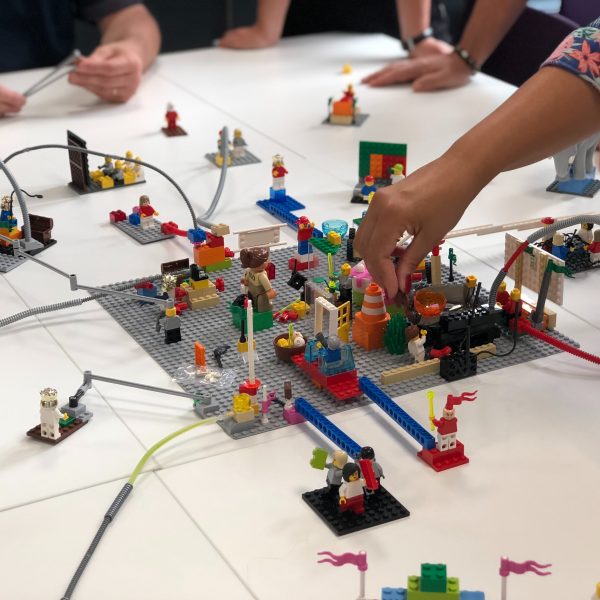Inaugural International Day of Play celebrated 11 June

Today is the first ever International Day of Play, following a successful campaign by Save the Children, the LEGO Group, the LEGO Foundation and other partners to recognise play as a critical developmental activity for children.
The Day of Play on 11 June has been added to the list of global annual observances recognised by the United Nations, acknowledging the crucial role of play in children’s overall learning, well-being, and development.
Through play children practice roles and build skills such as concentration, learning, memory, and language, a spokesperson from Save the Children said.
Play also helps children explore and understand the world around them – it sparks creativity and can inspire a life-long love of learning.
Children have a right to play under the UN Convention on the Rights of the Child 1989, yet around 70 per cent of adults aren’t aware of this right, according to toy manufacturer LEGO’s global Play Well Study 2024, underscoring the need for an international day.
“Save the Children is proud to have been part of the movement calling for an International Day of Play. Children everywhere have the right to play. It is essential for their development, well-being, and learning, yet all too often it is undervalued and deprioritised,” Anne Filorizzo Pla, Save the Children’s Mental Health and Psychosocial Support Global Lead, said.
“Play is particularly important for children who have experienced distressing events, such as violence and loss of loved ones. Through play children can explore their emotions and experiences and regain some normalcy.”
“As adults,” she continued, “it’s our responsibility to carve out time and space for children to play, whether it’s at home, school, or in the community.”
“International Day of Play serves as a reminder that engaging in play with children doesn’t make us less of an adult, it demonstrates our serious care and commitment to their healthy development and helps us to understand their world and what makes them tick.”
A child’s opportunity to play is influenced by factors such as gender, age, family income, and disability. For example, global data indicates that girls often bear a disproportionate burden of household chores, which limits their time for play and creative activities, and affects their self-confidence and aspirations for the future, according to Save the Children analysis June 2023.
Children living in areas affected by conflict or natural disasters are significantly less likely to have safe places to play – 44 per cent of children in conflict-affected countries and 38 per cent in areas hit by natural disasters reported that they have no safe places to play, compared to the global average of 22 per cent, according to the Child and Youth Advisory Group’s consultations with more than 10,000 children and young people across the world.
Play is a key component of Save the Children’s work. During a crisis, the organisation’s Child-Friendly Spaces offer a safe place for children to play and recover from distressing experiences. Save the Children and LEGO’s ‘Girls Unstoppable’ programme, frees up girls from household chores, so they can play and campaign about issues which matter to them.
Popular

Economics
Policy
Provider
Workforce
Prime Minister Albanese backs Tasmanian Labor’s childcare plan, highlights national early learning progress
2025-06-30 10:42:02
by Fiona Alston

Economics
Provider
Quality
Practice
Policy
Workforce
South Australia announces major OSHC sector reforms aimed at boosting quality and access
2025-06-30 09:49:48
by Fiona Alston

Events News
Marketplace
Practice
Provider
Quality
Research
Workforce
How do you build and keep your dream team? ECEC Workforce and Wellbeing Forum tackles the big questions
2025-06-24 15:20:53
by Fiona Alston












